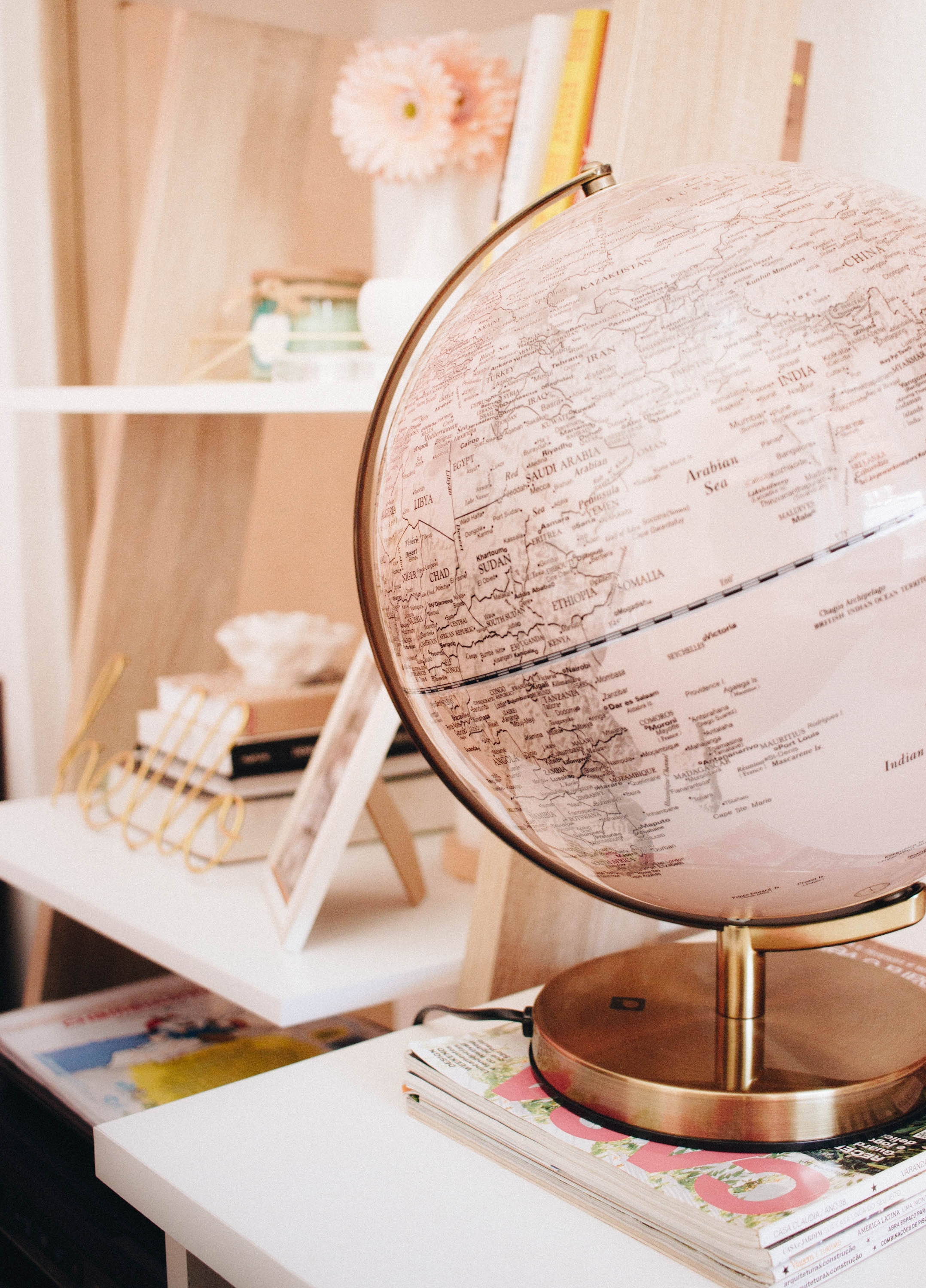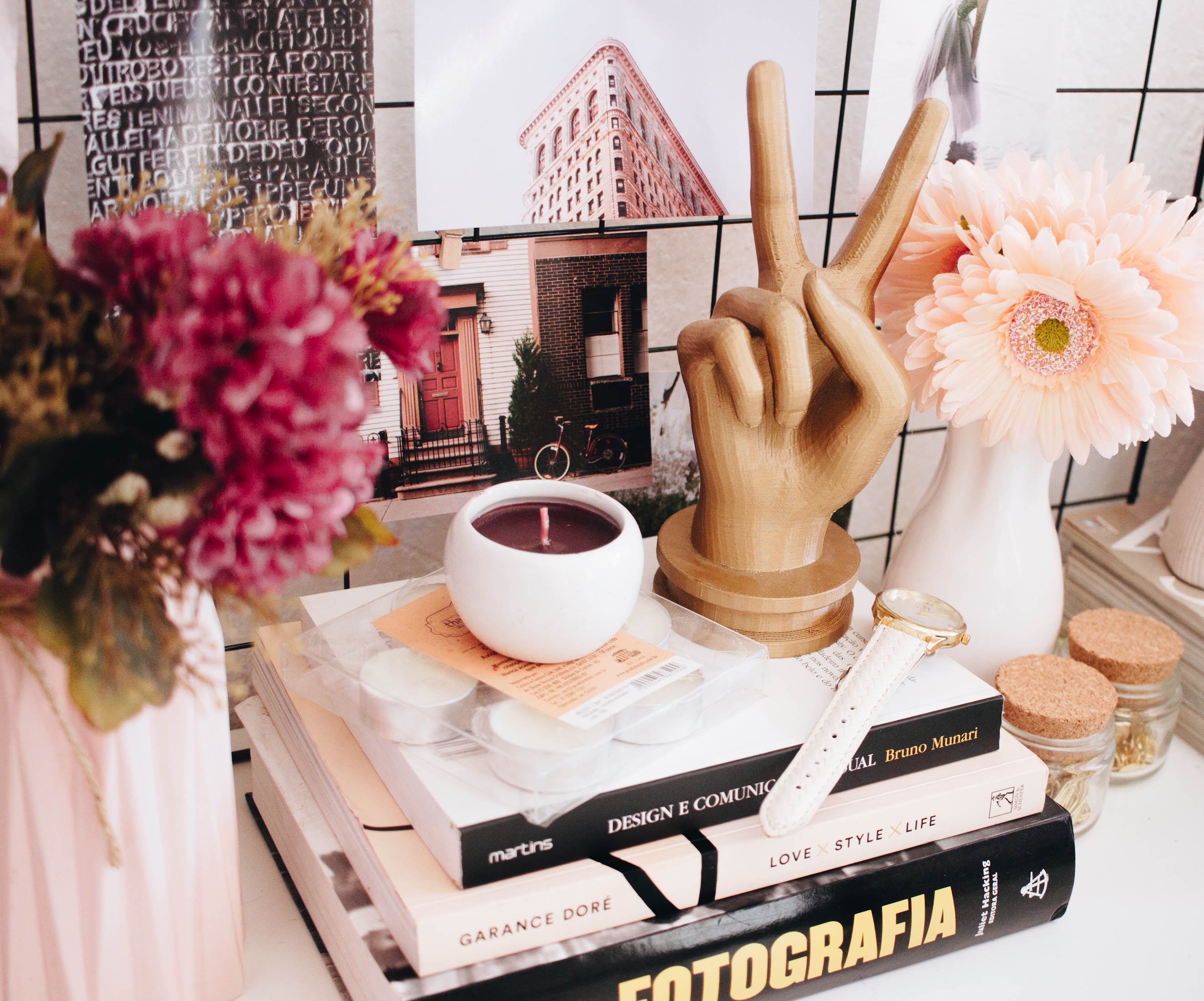How many of us entered (and exited) college (or any level of school, for that matter) with the notion that our education was a product to consume—a set of skills to directly to apply to a future segment of our lives?
It’s hard for to me to remember exactly how I thought my education would function for me upon graduation, but I do recall thinking, to some extent, that the classes I took were preparing me to fit into a specific slot in the workforce. Upon reflection, I realize that I viewed my education as something static, something that could be gained, class by class, book by book. In reality, however, our education—or learning, if we’re being more general—is an ongoing process.
This distinction has critical implications beyond how we categorize our time in school. According to the United Nations Educational Scientific & Cultural Organization (UNESCO) Institute for Education, the way we as individuals and a society frame learning has far-reaching impact for not only the classroom but also everything we do outside of school.

In a 2001 paper, UNESCO puts forth the concept of lifelong learning, positing that it’s a key element of fostering a safer, more functional global society (a.k.a. world peace). The authors explain that lifelong learning is different from lifelong education, which applies more specifically to formal educational settings (including professional development, job training, graduate studies, etc). Lifelong learning, on the other hand, refers to the philosophy that all of our life experiences (whether or not they occur in a classroom) present opportunities to learn and that engaging with those opportunities in a way that’s at once active, reflexive, and integrative grants an individual more agency in their personal development.
And importantly, the authors claim that lifelong learning is more critical than ever.
In our increasingly connected age of information technology, the way the human culture operates is changing at an accelerated pace. Moreover, throughout the world, we’re experiencing cultural challenges, such as those connected to influxes of migrants and refugees, as well as the environmental challenges caused by climate crisis. To add to our fluctuating times, professional roles and opportunities are constantly evolving; and more dramatically, certain jobs disappear as they become obsolete while completely new positions crop up. It is no longer enough to possess a static skill set or a “product” of our education. We must adapt. Problem solve. Reflect.
Confronted with this uncertainty-inspiring change, many among us may initially turn to traditional beliefs about how to thrive in our lives. Whether these ideas stem from religion or simply the generic sayings of past generations (“pull yourself up by your bootstraps!” “buckle down, sonny!”), these notions have the unfortunate tendency to “erode in the face of modernity,” the paper explains. Indeed, the authors argue, our biographies are increasingly less predetermined the more society advances.
Lifelong learning offers us a more nuanced approach. Researchers studying philosophies of learning have every reason to believe that lifelong learning will foster cross-cultural competency, render us more capable of navigating a slippery job market, and face the problems of the world both individually and as a community. Ultimately, it means we have a better chance of becoming a more humane society because it aims to promote “the art of human maturity, which is a prerequisite for becoming a good citizen who is actively involved in local, national, and international issues and problems.”
How to Be a Lifelong Learner
Chances are that you already are one to some extent! The following are a few ways to grow your habit of lifelong learning (adapted from UNESCO).
“[T]he adult with a capacity for true maturity is one who has grown out of childhood without losing childhood’s best traits. He has retained the basic emotional strengths of infancy, the stubborn autonomy of toddlerhood, the capacity for wonder and pleasure and playfulness of the pre-school years, and the idealism and passion of adolescence. He has incorporated these into a new pattern of simplicity dominated by adult stability, wisdom, knowledge, sensitivity to other people, responsibility, strength and purposiveness” (Stone and Church, 1973, cited by UNESCO).
- Be more open to change. “Lifelong learning is closely tied to the challenge of openness and change the modern individual must face in his/her lifetime.” Life is full of both constants (those things that rarely or never change) and discontinuities (change!). A lifelong learner engages with both in an open way to better understand their role as well as the larger context, how they can positively contribute, and how they can grow from the experience.
- Pursue creative and active exploration. Take advantage of the moments in life when you’re granted agency—or create agency for yourself when possible. Experiment, try new things, go down the rabbit hole of discovery, take the initiative to ask (appropriate) questions of others. Question things. Approach topics with the understanding that your pre-conceived notion about it may not be the full or accurate picture. Feed the desire to know more and know better.
- Become a self-actualizing agent. The authors distinguish between intrinsic and extrinsic motivation. When we are intrinsically motivated, we do something for its own sake. Extrinsic motivation, however, refers to doing something because its a means to an end or reward. Extrinsic motivation serves an important role—we all need to do certain things to ensure we have food and shelter. It’s important to pursue the ideas and activities that intrinsically motivate us when we have the opportunity to do so. This is how we self-actualize—become the best versions of ourselves.
As you can gather, being a lifelong learner may have little to do with whether or not you’re a student or what your academic standing was. Rather, it’s an approach that can at once feed your soul and make us better as a society. As the authors beautifully state, “Lifelong learning should appeal to the totality of a person—heart, body, and brain—and more importantly, to our existential values and emotions.” What are the things that appeal to the totality of you?
How do you pursue lifelong learning?
Related: Here’s What I Learned About Wellness From Traveling In World’s Healthiest Countries
Algae Is The Next Big Thing In Vegan Protein–And It Just May Save The World
How The World’s First Women-Only Anti-Poaching Unit Is Protecting Endangered Wildlife
Get more like this—Subscribe to our daily inspirational newsletter for exclusive content!
__
Photo: Ella Jardim on Unsplash





